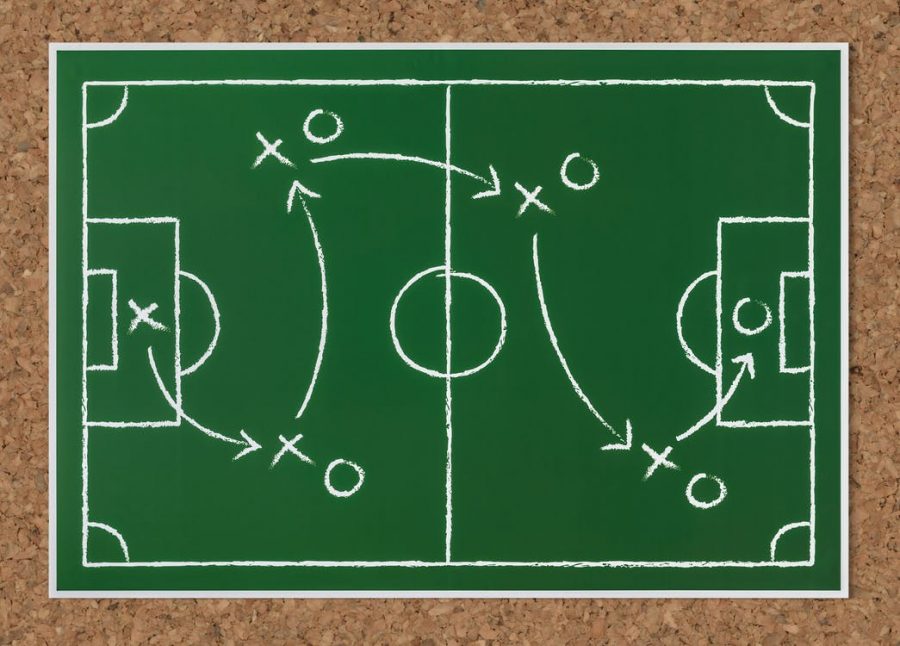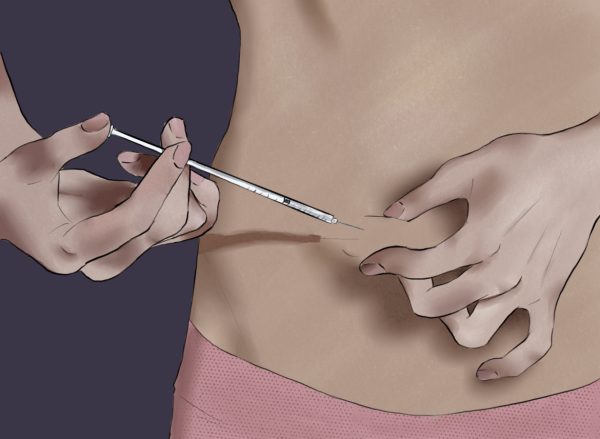Kids Need More Physical Education
In the United States, 18.5% of children are obese. With this rate rising, a change needs to be made to instill a healthy lifestyle in children and prevent them from prematurely enduring health complications. While the diet of many children should certintely be reformed, there is a much simpler change that could be instituted: more physical education in schools.
In New York State, children have requirements for how much physical education they must have, but the laws are not perfect, nor are they upheld everywhere. While in Lynbrook, high school and middle schoolers have physical education every other day, elementary aged students have physical education only twice every six days. Considering that recess is not included in the time of physical education that is required, in Lynbrook, especially in younger grades, children lack the proper amount of physical education necessary, which can lead to a negative impact on their physical and mental health.
When children perform any type of activity that gets their bodies moving, it helps them physically. Bones and muscles are strengthened, and body weight is controlled. If children are giving time in the day, each day, to exercise, it will help their bodies in the present as well as in the future. Physical activity at a young age prevents harmful diseases in the future such as cancer, type 2 diabetes, and heart disease. The mental health of children is also helped by physical education in schools. When children exercise, it helps develop the hippocampus. This part of the brain is involved in verbal memory and learning, and when people exercise, the hippocampus grows and is strengthened. The interactive games in P.E. help students communicate with their peers; communication being another important skill for all children to have. Along with these benefits, physical education improves grades and lowers the anxiety rate. According to a National Alliance on Mental Health (nami.org) report entitled, “Mental Health by the Numbers,” over one fourth of children between the ages of 13-18 have anxiety, and this rate is increasing. Exercising is a way for all children to relieve stress and improve their state of mind.
Many physical education teachers in Lynbrook also believe that the amount of physical education in schools should be increased. Health and Physical Education Teacher Jennifer Kramer believes there should be more physical education classes because “Our young people need to learn more about how to care for themselves today. More than any other time in the past.” Physical Education Teacher Brian Hetrick expressed his concern over limited physical education: “Kids do not get enough physical exercise.” Health and Mindfulness Teacher Deborah DeBetta stated, “We need to develop intelligence. Our body is our vehicle we will have our whole life. We are focused on exercising the mind, but we need to bring more awareness to the health of the body. Exercise and movement increases focus, reduces stress, and helps the brain.” These teachers have seen firsthand positive effects of physical education in schools and know how beneficial more physical education would be.
If schools increased the amount of physical education, children would be able to relieve stress and lessen anxiety. It would also be physically helping their students’ bodies in the present and the future. The lives of all children in Lynbrook and many other places would be benefited by more physical education in schools.

I am Sophie Ward, and I am a managing editor for lhshorizon.com. I am a member of the Class of 2022. I love playing tennis and working out. I also enjoy...










































